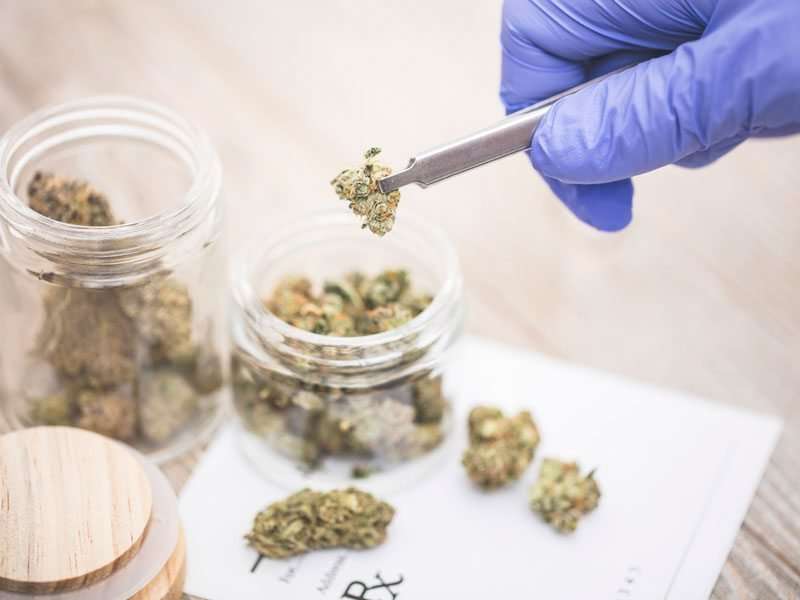Credit: Georgia State University
Medical marijuana laws caused alcohol sales to tumble in many states, according to a new paper co-authored by Georgia State University Economics Professor Alberto Chong.
The impact on sales was long-term, with reductions in alcohol consumption observed up to two years after the passage of the laws. The findings boost scientific evidence that legal access to marijuana reduces drinking.
The researchers analyzed beer, wine and alcohol sales for more than 2,000 U.S. counties over a 10-year period (2006 to 2015). Chong and his collaborators used the Nielsen Retail Scanner database, which they note provides a more accurate measure of alcohol consumption than self-reported surveys, in which respondents are known to under-represent how much they drink.
They compared alcohol purchases between states that passed medical marijuana laws and states that didn't, before and after the laws were implemented.
Alcohol purchases decreased by 15 percent in counties in states with medical marijuana laws, results showed. This was true even when correcting for demographic and economic factors known to influence alcohol consumption, such as sex, age, unemployment rate and median household income.
The study authors also looked at counties along state borders and found those with legal access to marijuana had 20 percent lower alcohol sales than those across the border in states without medical marijuana laws.
The scientific literature on the relationship between alcohol and marijuana use has been inconclusive, with some studies showing marijuana access leads to more alcohol consumption and other studies showing the opposite effect.
"Our findings clearly show that these two substances act as strong substitutes in the marketplace," Chong said. "This implies that rather than exacerbating the consequences of alcohol consumption—such as an increase in addiction, car accidents or disease risk—legalizing cannabis may temper them."
Provided by Georgia State University
























